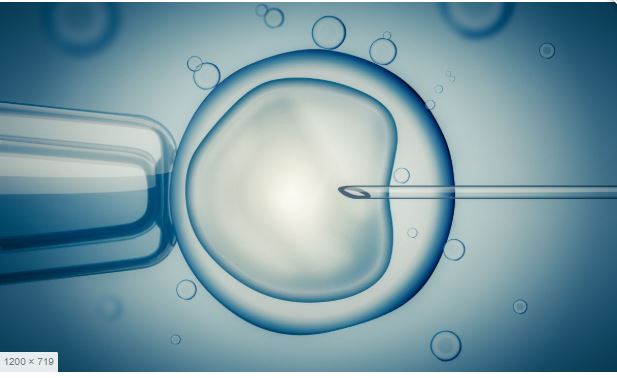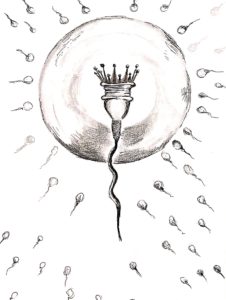The hallmark of a cancer cell, and what distinguishes it from many other cell types, is that it continuously divides. This is the quality that chemotherapy drugs attempt to target as they try to distinguish and kill cancer cells.
However, sperm cells are constantly dividing and developing as well, and they are thus easy targets for chemotherapy drugs when a patient is undergoing cancer treatment. If all of the immature cells in the testiles are damaged by the treatment, it could result in permanent infertility if the damage prevents them from producing more sperm cells. In some cases, sperm production will return after treatment ends.
There are many different types of chemotherapy drugs, some of which have a higher or lower risk of causing male infertility. Although it may seem overwhelming, it is important to discuss with one’s doctor, prior to beginning treatment, what effects it may have on one’s fertility, and to learn about options for fertility preservation.


